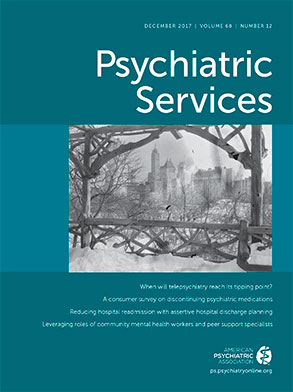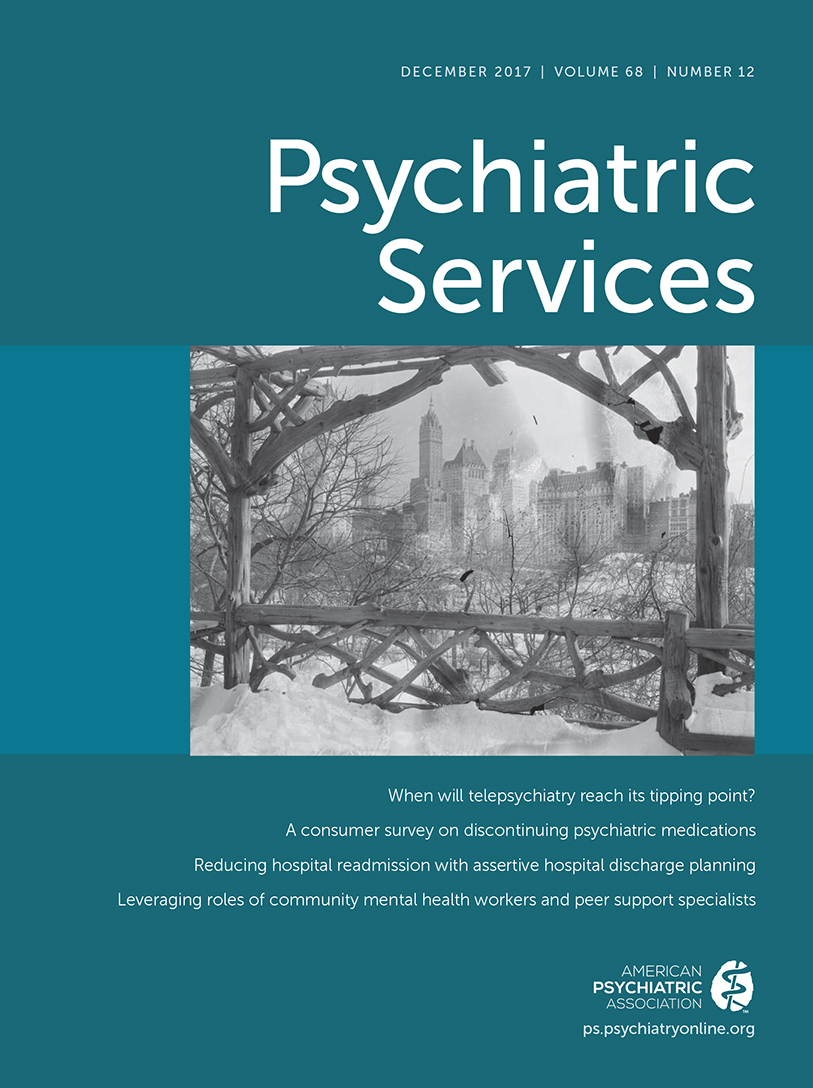The increasing diversity of the U.S. population poses a challenge for mental health clinicians. Culture affects nearly every aspect of psychiatric service engagement due to its profound influence on illness beliefs, treatment-seeking behavior, and stigma. Disparities in both psychiatric service utilization and outcomes therefore continue to disproportionately affect individuals who are not in the dominant Caucasian, English-speaking, native-born group.
We have seen cultural issues arise repeatedly among students from China, South Korea, and India, who are heavily recruited to study at U.S. universities and private secondary schools. The emotional distress and stigma toward mental illness that many of these students encounter during their education can bewilder providers who often feel underequipped to effectively manage these problems cross-culturally. Similar challenges affect U.S.-born children of Asian immigrants whose families hold negative beliefs about mental illnesses.
Addressing this difficult combination of stigma, low mental health literacy, and reluctance to seek treatment requires a skillful, culturally sensitive strategy. The “SWEET Life”— an acronym for Sleep, Wake up on time, Eat healthily, Exercise, and Task engagement—is one approach that patients find helpful for discussing mental health challenges. We have developed this approach over the past three years through clinical experience and found it effective for cross-cultural work. Our model relies on three core principles: grounding in psychiatric and neuroscientific research, avoiding stigmatizing language in favor of culturally relatable concepts, and focusing on outcomes that matter to patients. We are developing SWEET Life into a manualized eight-session intervention, but it can be used as a general conceptual framework for improving treatment engagement and addressing stigma in diverse populations.
At the heart of SWEET Life is the concept of stress, which is acceptable across most cultures. The idea that chronically high levels of stress exert negative effects on general health and mental health is intuitive and can be used as a bridge to explain the emergence of a wide array of symptoms. Once stress has been established as an important mediator, the clinician can introduce the stress-diathesis model of mental disorders, in which an underlying genetic predisposition interacts with environmental factors, thus triggering illness. Most patients are comfortable acknowledging stress in their own lives, and many are relieved to know that this phenomenon has been well studied. Some benefit from analogies to less-stigmatized medical conditions, such as diabetes or cancer, that also result from a combination of genetic and environmental factors.
Next, we introduce the Yerkes-Dodson Law, which describes an “inverted U” relationship between the degree of stress and challenge faced by an individual and his or her performance, health, and happiness. Patients learn that not all stress is bad; that some stress can trigger growth at the physical, psychological, and even neuroanatomical levels; and that too much stress can become harmful rather than helpful and can lead to adverse health effects.
We then introduce specific components of SWEET Life. These are all core concepts from empirically validated treatments, such as cognitive-behavioral therapy, but are packaged in an accessible and nonstigmatizing way. We introduce evidence to support each element of SWEET Life—that exercise can promote hippocampal neurogenesis, for example. For patients with more severe symptoms or diagnosable mental illness, the model can be used to explain that medication can help “rescue” the brain when it is severely dysregulated by stress to manage symptoms that interfere with the SWEET Life. The model also has nonclinical application—educators can discuss emotional wellness concepts, and students can monitor their own health status.
Our clinical experience and preliminary data suggest that this approach is both acceptable and effective. For example, during treatment of a 22-year-old Chinese international student who presented with significant anxiety, depression, and suicidal ideation, the student reported that the model was helpful for understanding and keeping track of symptoms as well as providing targets for treatment. Our model also eventually helped convince her to take medications. These changes gradually resulted in greater capacity to discuss other important stressors and family conflicts, and she continues to be clinically and functionally much improved more than two years after beginning treatment.
The SWEET Life is a simple, memorable, and effective tool for cross-cultural communication and treatment engagement. We hope this model will help clinicians and educators in their efforts to promote emotional well-being in diverse populations.

